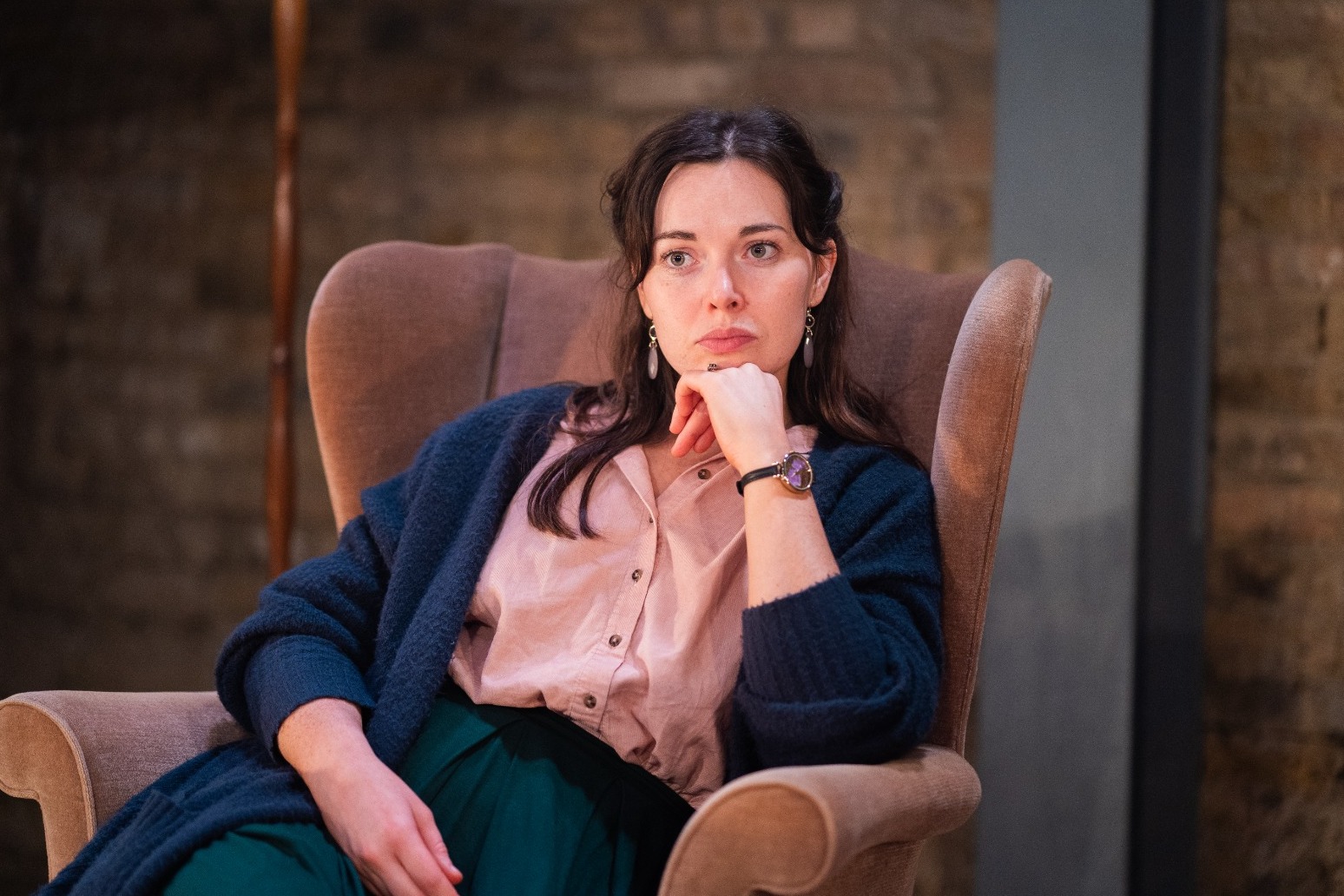
A playwright has said he was “so grateful” that his theatrical work exploring the transformative power of music for people with dementia helped him navigate his grandmother’s diagnosis.
Matthew Seager, 31, told the PA news agency that he wrote a play about music’s ability to help people living with dementia after a “life-changing moment” when he played Frank Sinatra for care home residents during a workshop.
His play, In Other Words, gave the playwright and actor first-hand experience of the impact of dementia several years before his grandmother received a diagnosis.
The play has returned to the stage in London this month, which is World Alzheimer’s Month, in partnership with The Utley Foundation’s Music For Dementia campaign, which aims to make music an integral part of dementia care.
Seager, who stars in the play, said it is “a love story that spans 50 years of our couple’s relationship, Arthur and Jane, and it’s about how they meet and how they fall in love and then also, throughout their life, how he gets diagnosed with Alzheimer’s disease and his dementia journey.
“It’s about the power of music in relation to Alzheimer’s disease, and their connection to a particular Frank Sinatra song that’s playing when they meet and features a lot.
“It’s able to keep him connected to her and to the world around him right through to near the very end of his life, which is where we finish the play.”
He was inspired to write the play when, as a 20-year-old drama student, he played Frank Sinatra’s Fly Me To The Moon during a sensory stimulation workshop he facilitated in a care home as part of his university course.
He said: “We were doing an applied theatre module in a care home, where we would have to do a bit of time on each sense.
“We had this idea to play some music at the end of the session and see if any of the residents were able to sing along.
“We did some maths and figured out that if their average age was in their 80s, when they were in their 20s and 30s, they probably listened to Frank Sinatra and that kind of thing.
“We printed out song sheets of My Way and put them on the tables just in case and… almost every single resident without fail stood up and from memory sang every single word of this song and it was an incredibly profound, moving moment.”
Several years after the play’s debut in 2017, Seager’s grandmother was diagnosed with dementia and he found that staging In Other Words helped him navigate her diagnosis.
He said: “If you’re in your 20s and a loved one gets diagnosed with dementia, your ability to interact with them, to tune in and understand what that person wants and needs, is so alien and intimidating.”
He said that because of his experience writing and starring in the play, as well as working with people with dementia, he “felt none of that”.
Seager said: “I’m so grateful to have that in those last couple of years because it meant that I was able to be with her without feeling intimidated or scared.
“I was able to better tune in to the kind of things that she wanted and also understand in those moments where I think she shone through the disease.”
Seager said staging his play has been “so incredibly worthwhile” because of the “really emotional engagement with the audience”, which often includes loved ones of people with dementia.
He said: “We’ve had some incredible reactions and conversations with audience members and quite viscerally emotional reactions in terms of people being moved and crying and talking about the cathartic nature of what the performance is for them.
“I would hope, there’s so much truth in this story, little nuggets that people recognise from either relatives or people in their own life, that becomes very universal and quite emotive and poignant.”
In Other Words returns to London at the Arcola Theatre from September 5–30, which will be followed by a UK tour.
Published: by Radio NewsHub










